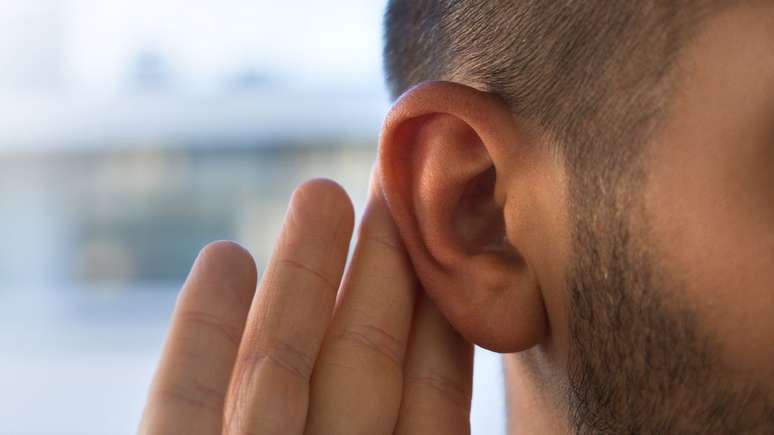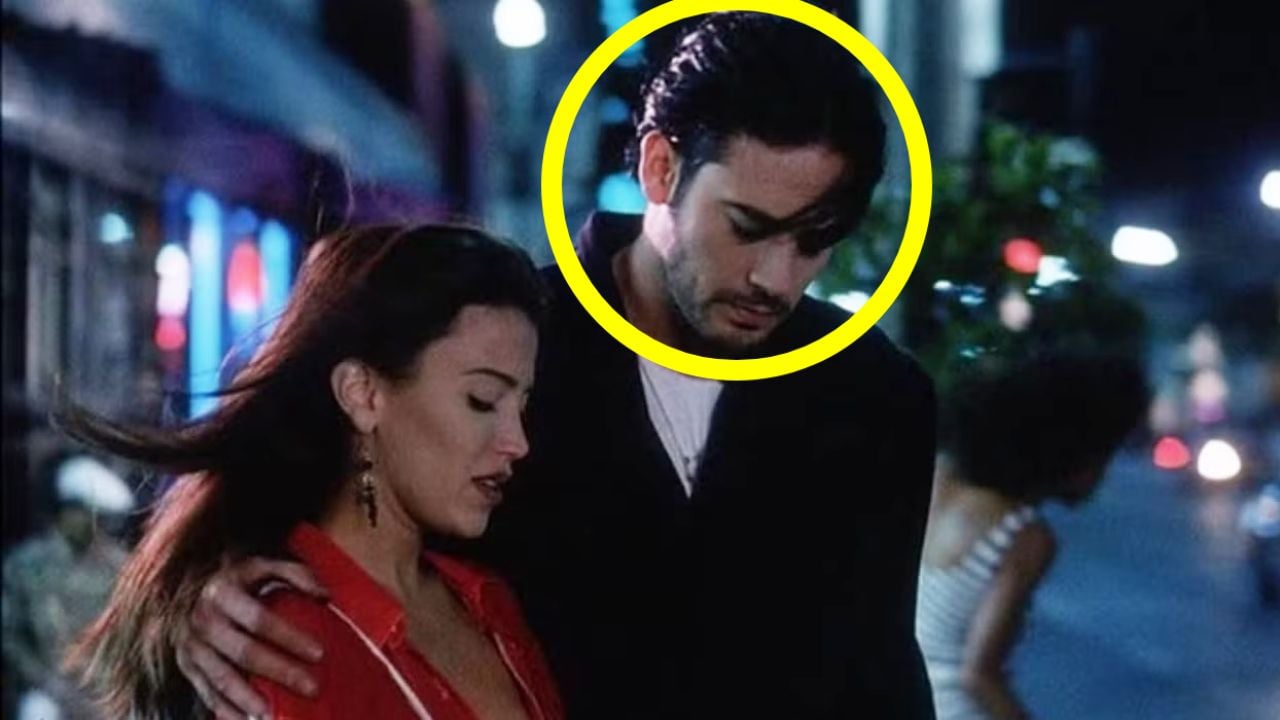The loss of hearing can have a significant impact on the quality of life and it is essential to detect it early to seek adequate treatment. Dr. Nathália Prudencio indicates the signs to pay attention
The loss of hearing is a condition that can affect people of all ages, from infants to the elderly, and can have a significant impact on the quality of life of those who face it. “The difficulties of hearing not only interfere with the ability to listen to sounds and speak, but they can also lead to social isolation and difficulties in the workplace and in the school” “”explains Otoneurologist Dra. Nathália Prudencio, Otorhinolaringologist specialized in dizziness and tinnitus.
Therefore, detecting signals in advance is essential to seek care and minimize the effects of hearing loss. “First the loss of hearing is identified, the interventions to improve hearing and communication are the more effective.”The doctor says.
Signs of hearing loss
- Difficulty in understanding what has been said
Dr. Nathália recalls that the difficulty of understanding in a conversation is one of the main signs of hearing loss: “If you often get misunderstood what has been said or ask people to repeat what they have said, especially in noises, it can be a sign of hearing loss. Many people with hearing loss have difficulty following the conversations when there is background noise.”The doctor explains.
- Increase in the volume of appliances
The increase in the volume of the devices that we use daily can be a sign of hearing loss, as explained by the Otoneurologist: “If you or someone close to you have increased the volume of TV or radio at higher levels than usual to listen comfortably, it could indicate a hearing problem.”
- Tinnitus in the ears
Dr. Nathália Prudencio comments that the tinnitus can be an omen of hearing loss. “The tinnitus is the perception of a sound without an external sound source capable of presenting itself in various ways: sound of insects, electrical appliances, running water, whistles, among many relationships. Overall, about 90% of the frames are linked to a certain level of hearing loss, even if it is light, all the acoustic devices that undergo neuronal activity, including brain regions -cerebral activity.” detail.
- Avoid social situations
According to the expert, changes in the individual’s behavior can also be a sign of hearing loss. The doctor underlines that this condition can have a great impact on a person’s life, especially during the period in which the patient begins to manage some slight limits. “People with hearing loss often avoid social situations, such as family meetings or meetings with friends, because they feel frustrated or embarrassed because they cannot follow conversations.”It highlights the Otonurologist.
- Fatigue or stress after conversations
The difficulty of understanding conversations can make socialization more demanding and can request the patient with loss of hearing extreme attention to what is spoken so that they can understand and interact, especially in places where different people speak at the same time or in the background noise environments: “If you feel excessively tired or stressed after a conversation, it could be because your attention is totally focused on the attempt to understand what people around you talk about. This is an indicator that your hearing may not work properly.”explains Dr. Nathália.
- Strong
People with loss of hearing also tend to speak stronger because they have a limited perception of the volume of their voice. “To overcome the difficulty of listening to themselves and others, they increase the volume of their speech to better understand what they say and ensure that others also understand them. The patient does not always voluntarily do so. The behavior can develop in the hearing loss process.”adds the doctor.
What to do?
Finally, Dr. Nathália Prudencio recommends that, by creating one or more of these signs, it is important to look for an otorinolaringoiolo who can request complete hearing tests. “The treatment can vary according to the cause and severity of hearing loss and may include the use of hearing aids, hearing therapy or, in some cases, surgery”, finishes.
* Source: Nathália Prudencio – Otorhinolaringoologist, specialist in dizziness and tinnitus. He obtained a specialization and a master’s degree in Otoneurology at the Federal University of San Paolo (UNIFESP). By focusing on the diagnosis and treatment of balance and hearing disorders that cause tinnitus, the doctor has a specialist in otorinolaryngology and cervical surgery by the Brazilian association of otorinolaringoian and cervical-facial surgery (ABORL-CCF).
Source: Terra
Ben Stock is a lifestyle journalist and author at Gossipify. He writes about topics such as health, wellness, travel, food and home decor. He provides practical advice and inspiration to improve well-being, keeps readers up to date with latest lifestyle news and trends, known for his engaging writing style, in-depth analysis and unique perspectives.









